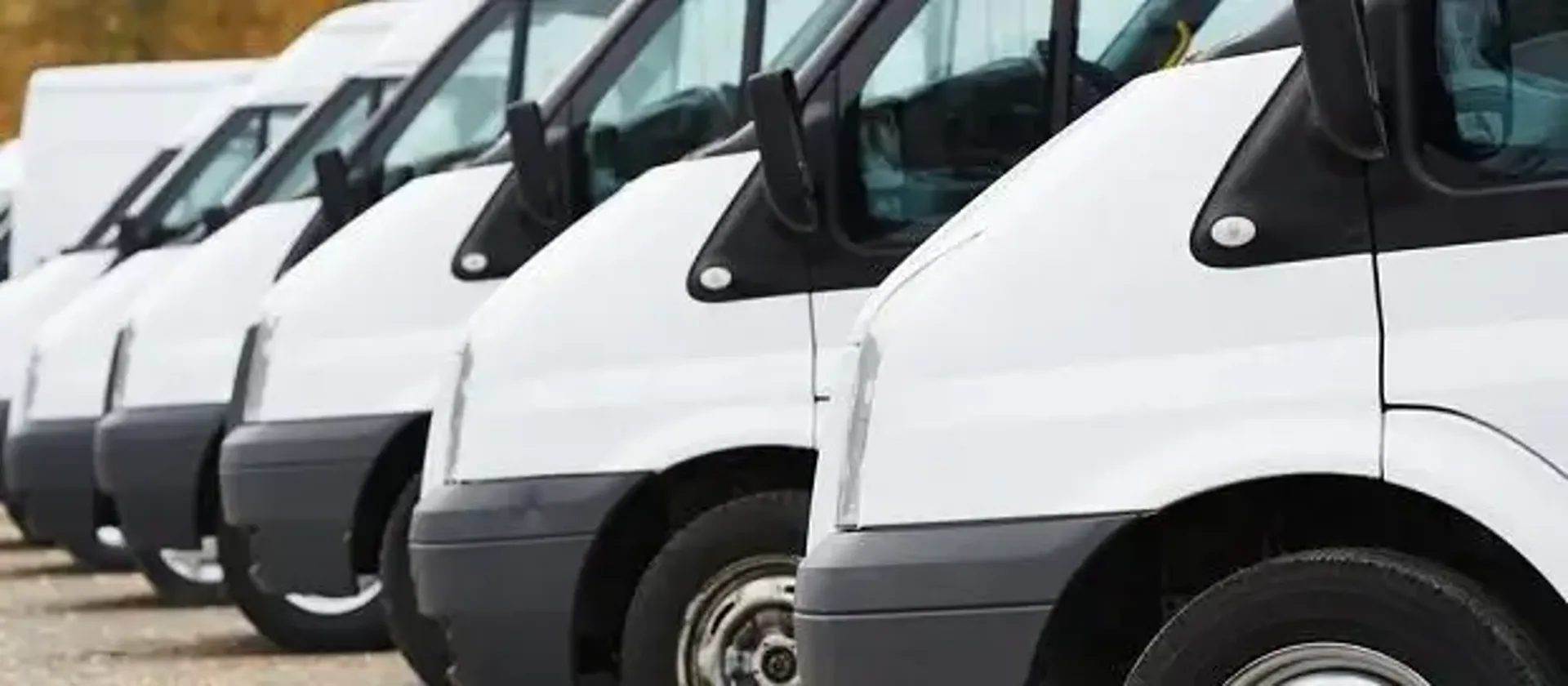09/02/2016

There’s more to fleet management than fuel economy. Use these hints and tips to make your management more effective.
Go green
Carbon footprint reduction equates to cost savings across the board. For example, did you know that your vehicle’s CO2 emissions affect the amount you can claim as statutory depreciation in your tax returns? Also known as the ‘writing down allowance’, this figure varies hugely dependent on the effect your fleet vehicles have on the environment. Environmentally efficient vehicles can attract a minimum capital allowance of 18%, whereas environmentally inefficient vehicles are allowed a maximum of just 8%.
Green fleet management also represents a value you can pass on to your customer. Monitoring fuel consumption is a key element of good fleet management, but its side benefits extend well beyond your ability to control and predict costs throughout the year. Consumers and partners are attracted to businesses that are able to demonstrate an ongoing commitment to reducing environmental impact. In competitive fleet sectors, where every action of the business has a measurable effect on the environment, such a commitment translates to a market edge.
Control your mileage
Mileage is one of the two key metrics of fleet performance data. Taken in conjunction with fuel usage, your mileage figures reveal valuable information about the efficiency of your fleet.
Mileage isn’t a fixed value. Once you understand where your mileage figures are exceeding expected limits, you can take steps to do something about it. Regular mileage reports, which correlate the number of miles your fleet covers with the quantity of fuel it burns, will help you identify inefficient routes or poor driving habits, and clamp down on excess use of petrol and diesel.
Control your data
Your fleet runs on data: how far your vehicles have travelled between services, when those services are due, how much money your drivers are spending on fuel… the list goes on. Centralise the data and you diminish the risk of duplicating distances, overlooking important maintenance, or failing to renew vital licenses and insurance policies.
Manage your strategy, not just your fleet
A medium- or large-sized fleet requires strategic management. To keep track of large numbers of vehicles, it’s necessary to map out their lifespans in fine detail. Understand every element of your fleet’s operating costs, and you’ll optimise your business’ response to the challenges it faces daily (for example, accidents, theft, and poor road conditions).
Your strategy should define how much your vehicles cost to buy, when you renew them, and what planned preventive maintenance you will undertake in the intervening period. It should put measures in place to reduce the risk of theft, minimise bad driving habits, and lessen the impact of daily use on your vehicles. In other words, it should be responsible for every element of the fleet’s operation.
It may make sense to outsource fleet management. There are a couple of options to look into here: combining fleet management and leasing in a single partner, or hooking up with a fleet management provider that uses multiple leasing companies. Price benefits can accrue from the latter option, but the extra time spent dealing with several leasing companies can actually dilute the monetary rewards. Dealing with a single company gives you the consumer power and convenience of having management and leasing in one place. In either case, it’s vital that you work with a partner who understands your fleet, and makes your business needs their own.
Control your spending
Sounds obvious, doesn’t it. But managing fleet spending can be much harder than it looks. If your business still relies on paper trails and receipts, there’s a strong chance that the real picture of your expenditure is never seen. Fleet management software, fuel card reports, and automatic invoicing can help you achieve a much stronger grip on your outgoings.
What measures do you take to make your fleet management efficient? Let us know on Twitter and LinkedIn.


